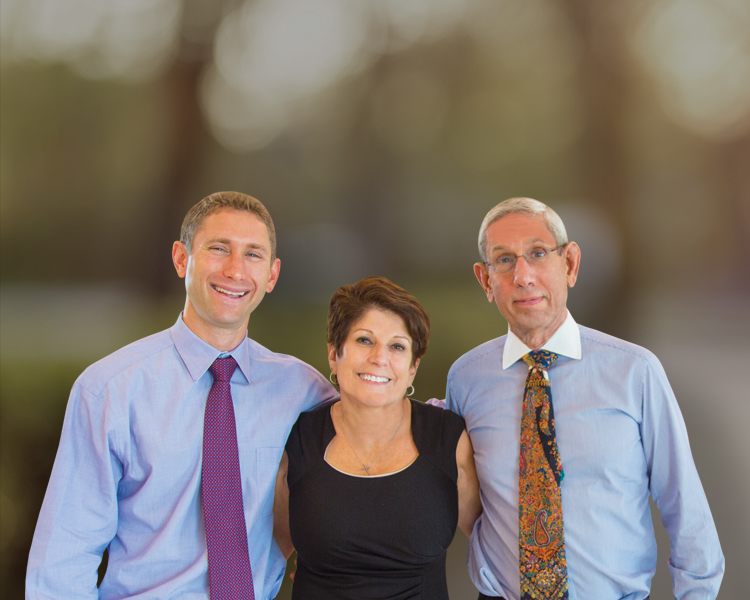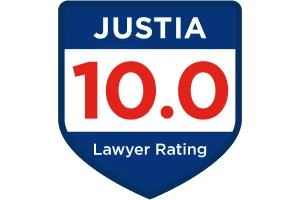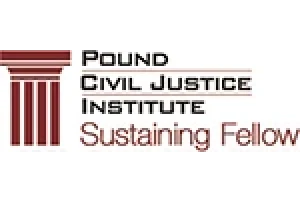Client Reviews
Workers’ Compensation
Construction workers injured on-the-job may have many available options for compensation, depending on the circumstances of the accident.
But at Associates and Bruce L. Scheiner, Attorneys for the Injured, we know the first is likely to be workers’ compensation insurance benefits.
The goal behind workers’ compensation is to provide expeditions, accessible restitution for medical care, a portion of lost wages and sometimes vocational rehabilitation to employees who, while in the course and scope of employment, were injured. In exchange, workers forfeit their right to sue their employer for negligence. This is referred to as “workers’ compensation immunity.”
The system was founded on the principle of strict liability, so it isn’t required for workers to prove their employer was negligent or did anything wrong. On the flip side, particularly for severe injuries and fatalities, benefits are not enough to cover the worker or family’s total losses.
That’s why it’s good that collection of workers’ compensation does not prohibit a worker from pursuing third-party litigation against other responsible parties. However, it could affect benefits such as Social Security Disability Insurance, which is why it’s important to consult with an experienced work injury attorney before deciding how to proceed.
While workers’ compensation is available to most employees in both the public and private sector, construction workers tend to access it a higher rate than most because they have a higher injury rate, due to the prevalence of job hazards.
Of the 4,000 private industry worker deaths each year, the Occupational Safety & Health Administration (OSHA) reports1 out of 5 were in construction industries. Tens of thousands more suffer compensable injuries that are serious, sometimes lasting and even disabling.
Most unintentional injuries, illnesses, accidents, diseases and deaths occurring at work or while an employee is engaged in a work-related task is covered under state law.
Workers’ Compensation in Florida
Workers’ compensation laws vary a great deal from state-to-state.
In Florida, Workers’ Compensation Law is codified in F.S. 440.01-60. It’s extensive reading, but the crux is this: With very few exceptions, Florida employers with four or more workers must provide workers’ compensation insurance for their workers.
In the construction field, employers with just one employee must carry workers’ compensation insurance.
But just because companies are required to carry workers’ compensation insurance and workers don’t have to prove employer negligence does not mean these benefits are easily obtained. In many cases, workers find they must hire a skilled workers’ compensation lawyer in order to secure compensation they are owed from their boss or company.
In fact, many states, Florida included, have slashed workers’ compensation benefit accessibility in recent years. According to researchers at ProPublica, workers’ compensation reform in recent years has resulted in:
- Strict limitations on eligibility for permanent total disability benefits.
- Capped permanent total disability benefits at age 75.
- Elimination of wage-loss benefits for workers deemed permanently partially disabled.
- Heightened causation standards making it tougher for workers with repetitive stress injuries and occupational diseases from qualifying for benefits.
- Elimination of benefits for psychiatric claims unless those conditions resulted from the physical injury; even then, payments are limited to just 6 months.
- Strict caps on workers’ compensation attorney fees (employer attorneys not bound by these restrictions).
These kinds of measures do little to motivate employers to protect workers, particularly in the construction industry when safety is often an expensive requirement.
Workers’ Compensation Process in Florida
Construction workers who are injured on-the-job must file notice of a workplace injury with the employer within 30 days of the incident. They will then have two years from the date of the injury report in which to file a claim for workers’ compensation. Included in that initial injury report should be the location and nature of the accident, the cause, the time, day and date and the names of any witnesses.
Right away, workers should also seek a medical evaluation. It’s worth noting workers cannot go to just any physician. They must be seen by an authorized medical provider, i.e., someone the employer chooses. If a worker wants to get a second opinion, he or she can only switch doctors once.
The testimony of the treating physician is going to be given a great deal of weight with the Florida Division of Workers Compensation, as well as with the courts in any subsequent appeals.
Often, employers or insurers will require workers to submit to an independent medical exam. On the surface, the point is to identify the condition, determine whether it was work-related and propose appropriate medical treatments. Unfortunately, companies often use it as a weapon against workers. Doctors and insurance companies can enjoy a symbiotic relationship when insurers refer patients to the doctor and the doctor denies the severity or nature of the worker’s injury. This happens far more often than it should, and it’s a major reason why having a knowledgeable legal team is critical throughout the process.
It’s also fairly common for injured worker claims to be denied by an insurance company outright. This could be based on a number of different grounds, including denial that the injury occurred on-the-job or denying the severity of the injury. Such tactics are an attempt to reduce liability, and construction workers and their families should not give up. You do have the right to contest denial of benefits.
The appeals process can be complex, but our experienced legal team will be by your side every step of the way.
Contact Associates and Bruce L. Scheiner, Attorneys for the Injured, for a free and confidential consultation to discuss your rights. There are no fees or costs unless we win. Offices in Fort Myers, Cape Coral, Naples and Port Charlotte.
Call 800-646-1210 for a Free Consultation

















